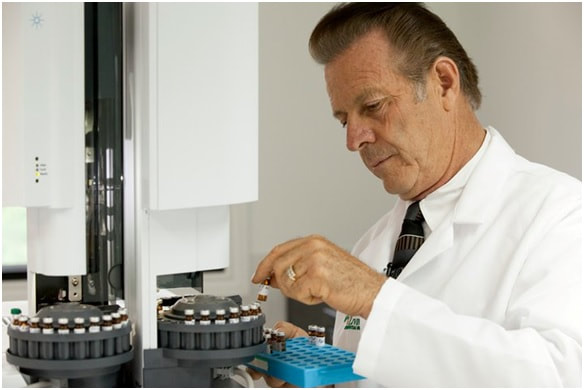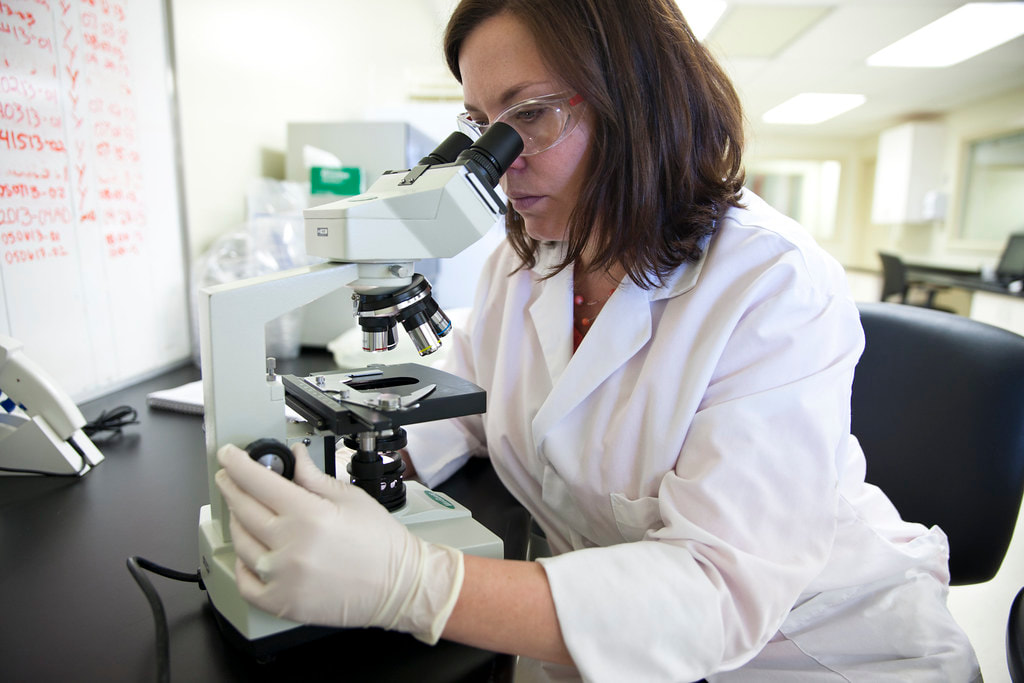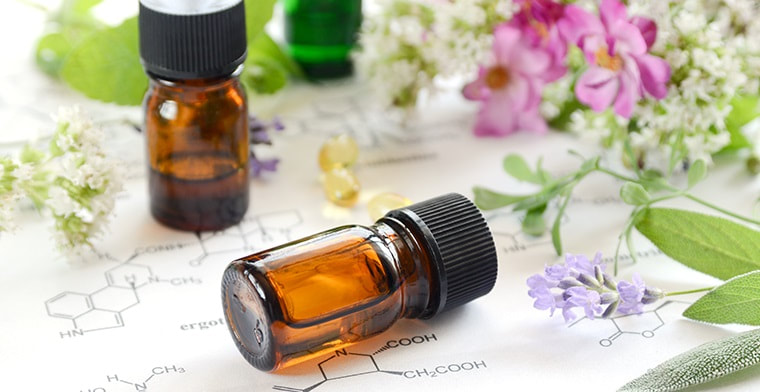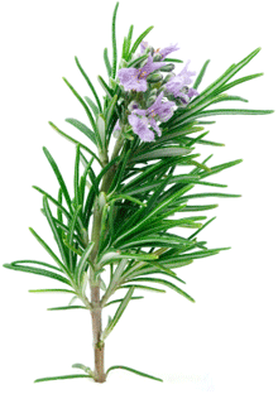RESEARCH - Aromatherapy helps PTSD
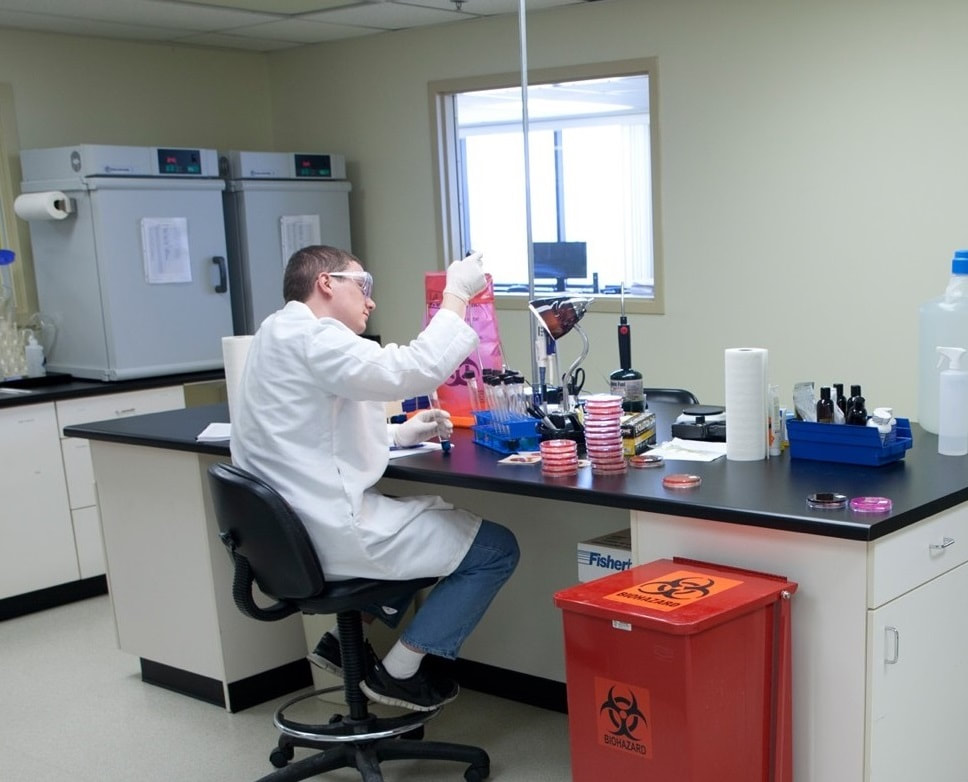
The use of essential oils dates back to Egyptian times where 'fumes' or aromas were used in everyday routines and rituals.
The Egyptians mastered the use of essential oils in many of their practices and especially in their mummification process. They used the perfumes for both public and private use. According to ancient Egyptian hieroglyphs, priests and alchemists were using essential oils thousands of years ago for medicinal and personal use. They are the oldest form of medicine and cosmetic known to human kind and they were considered more precious than gold to the ancients.
The Greeks between 500 and 400 B.C were perhaps the first to expand the use of essential oils by successfully applying aromatics to psychological conditions such as anxiety, depression and hysteria as well as to beauty and romance. They observed how perfumes intensified or contributed to harmonious atmospheres for spiritual, intellectual, emotional, creative and romantic activities.
Now today, scientists are re-discovering the potent benefits of essential oils in all areas of life for physical ailments, anti-bacterial agents, anti-viral, anti-fungal and of course as anti-depressive agents.
Some studies below show the anti-anxiety and anti-depressant action of essential oils:
For example: Lavender: lavendula augustofolia, is known for its relaxing, calming effects
The Egyptians mastered the use of essential oils in many of their practices and especially in their mummification process. They used the perfumes for both public and private use. According to ancient Egyptian hieroglyphs, priests and alchemists were using essential oils thousands of years ago for medicinal and personal use. They are the oldest form of medicine and cosmetic known to human kind and they were considered more precious than gold to the ancients.
The Greeks between 500 and 400 B.C were perhaps the first to expand the use of essential oils by successfully applying aromatics to psychological conditions such as anxiety, depression and hysteria as well as to beauty and romance. They observed how perfumes intensified or contributed to harmonious atmospheres for spiritual, intellectual, emotional, creative and romantic activities.
Now today, scientists are re-discovering the potent benefits of essential oils in all areas of life for physical ailments, anti-bacterial agents, anti-viral, anti-fungal and of course as anti-depressive agents.
Some studies below show the anti-anxiety and anti-depressant action of essential oils:
For example: Lavender: lavendula augustofolia, is known for its relaxing, calming effects
An orally administered lavandula oil preparation (Silexan) for anxiety disorder and related conditions: an evidence based review.
Int J Psychiatry Clin Pract. 2013 Nov;17 Suppl 1:15-22. doi: 10.3109/13651501.2013.813555. Epub 2013
This review points out how a lavender oil preparation in gelatine capsules were significantly superior to patients with anxiety disorder and comparable to lorazepam. Lavender had beneficial effects on typical co-morbidity symptoms of anxiety disorders, for example, disturbed sleep, somatic complaints, or decreased quality of life. Except for mild gastrointestinal symptoms, the lavender capsules were devoid of adverse effects.
Aromatherapy in the management of psychiatric disorders: clinical and neuropharmacological perspectives.
CNS Drugs. 2006;20(4):257-80.
This review includes evidence from the limited number of clinical trials that have been published of 'psycho-aromatherapy' in relation to psychiatric disorders, together with evidence from mechanistic, neuro-pharmacological studies of the effects of essential oils in relevant in vitro and in vivo models.
It concludes that aromatherapy provides a potentially effective treatment for a range of psychiatric disorders. In addition, taking into account the available information on safety, aromatherapy appears to be without the adverse effects of many conventional psychotropic drugs. Investment in further clinical and scientific research is clearly warranted.
Effect of sweet orange aroma on experimental anxiety in humans.
Goes TC1, Antunes FD, Alves PB, Teixeira-Silva F.
The present results of this study indicate an acute anxiolytic activity of sweet orange aroma, giving some scientific support to its use as a tranquilizer by aromatherapists.
The authors also conclude that more studies are needed to find out the clinical relevance of aromatherapy for anxiety disorders.
A review on the effects of aromatherapy for patients with depressive symptoms.
Yim VW1, Ng AK, Tsang HW, Leung AY.
The authors recommend that aromatherapy could continue to be used as a complementary and alternative therapy for patients with depression and secondary depressive symptoms arising from various types of chronic medical conditions. More controlled studies with sound methodology should be conducted in the future to ascertain its clinical effects and the underlying psychobiologic mechanisms.
Int J Psychiatry Clin Pract. 2013 Nov;17 Suppl 1:15-22. doi: 10.3109/13651501.2013.813555. Epub 2013
This review points out how a lavender oil preparation in gelatine capsules were significantly superior to patients with anxiety disorder and comparable to lorazepam. Lavender had beneficial effects on typical co-morbidity symptoms of anxiety disorders, for example, disturbed sleep, somatic complaints, or decreased quality of life. Except for mild gastrointestinal symptoms, the lavender capsules were devoid of adverse effects.
Aromatherapy in the management of psychiatric disorders: clinical and neuropharmacological perspectives.
CNS Drugs. 2006;20(4):257-80.
This review includes evidence from the limited number of clinical trials that have been published of 'psycho-aromatherapy' in relation to psychiatric disorders, together with evidence from mechanistic, neuro-pharmacological studies of the effects of essential oils in relevant in vitro and in vivo models.
It concludes that aromatherapy provides a potentially effective treatment for a range of psychiatric disorders. In addition, taking into account the available information on safety, aromatherapy appears to be without the adverse effects of many conventional psychotropic drugs. Investment in further clinical and scientific research is clearly warranted.
Effect of sweet orange aroma on experimental anxiety in humans.
Goes TC1, Antunes FD, Alves PB, Teixeira-Silva F.
The present results of this study indicate an acute anxiolytic activity of sweet orange aroma, giving some scientific support to its use as a tranquilizer by aromatherapists.
The authors also conclude that more studies are needed to find out the clinical relevance of aromatherapy for anxiety disorders.
A review on the effects of aromatherapy for patients with depressive symptoms.
Yim VW1, Ng AK, Tsang HW, Leung AY.
The authors recommend that aromatherapy could continue to be used as a complementary and alternative therapy for patients with depression and secondary depressive symptoms arising from various types of chronic medical conditions. More controlled studies with sound methodology should be conducted in the future to ascertain its clinical effects and the underlying psychobiologic mechanisms.
